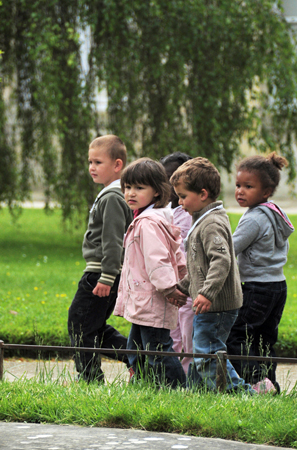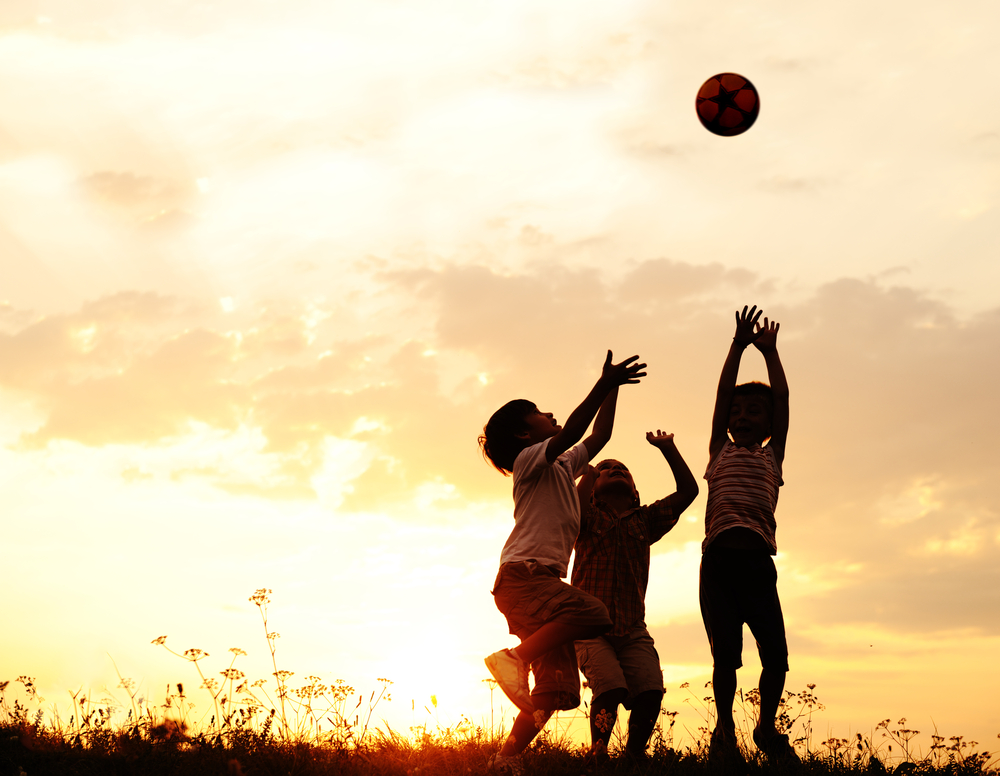Life Stages: Childhood
Guidance and Care
The French regard children as naturally untamed and in need of the civilizing influence of adults. They also encourage their participation in a healthy peer culture. Regional differences account for variances in the way French view and raise their children. In French culture, mothers bear the primary responsibility of raising children, although fathers and female relatives may get involved in the care and upbringing of children as well. Upper-class women engage the services of wet nurses, usually until children become weaned.
Normal childhood activities in France include playing and attending preschool and kindergarten. The Colonies de Vacances organizes summer holiday camps for children ages 6 to 16. Children also dress up and actively participate in defiles (processions) during the traditional pre-Easter Carnaval season. Introduction into the world of electronic and robotic toys and video games also takes place during this period.
Even though many couples (married or living together) choose not to have children, French society in general feels that children culminate and fulfill the union of men and women. French culture generally values girls as much as it does boys.
Standard Practices
French parents send their children to maternelles (kindergarten) at the age of 3. Some children join preschool (pre-maternelle) at as young as 2. France provides free and compulsory education between the ages of 6 and 16. Lycées and collèges provide secondary education, which lasts seven years. At France’s 60 universities, education remains virtually free. Those who want to take up careers in the government, military, or industry join the Grandes Ecoles, for which they must take preparatory classes.
French parents do not expect children to contribute to the family income. However, despite stringent laws against child labor, many minors still obtain employment throughout France. At the beginning of the 21st century, the French Ministry of Employment, in association with International Labor Organization, launched a media blitz against child labor that received vast coverage on radio, on TV, and in the newspapers.
Copyright © 1993—2024 World Trade Press. All rights reserved.

 France
France 
